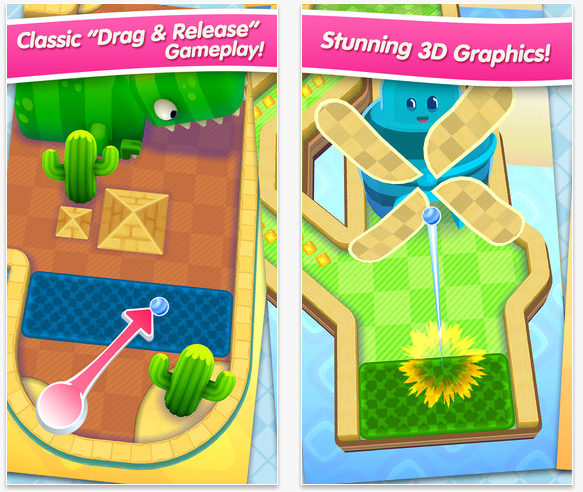In March of this year, a small company from New Zealand, Rocket Jump Games, released a Mini Golf Matchup game. On the first day of downloading the game amounted to 1 million. The authors of the project are sure that they owe their success to working with the publisher.
A few more numbers: in the first eight hours after the project appeared on the Apple App Store, the Mini Golf Matchup project led the chat of free applications in 28 countries. In the first seven days, the number of reviews for the project amounted to 135 thousand (average rating – 4.5 stars).

Antony Blackett, managing director of Rocket Jump Games, believes that all this would not have happened if they had worked without a publisher. The latter role was played by Scopely, which helped Rocket Jump Games overcome the barriers that usually prevent a small company from successfully entering the market.
“When you are completely immersed in your work, you don’t have time to negotiate with Apple, there is no way to constantly report on how the game is being developed, especially if you are in New Zealand,” says Anthony.
The publisher helped the studio in the development of multiplayer, set up viral tools, and also provided traffic. In general, I did exactly what a publisher should do – brought the project to mind.

What’s all this about?
The case of Rocket Jump Games is another proof that it is necessary to work with a publisher in the mobile market today. At least, “for the first time.” This is how both Rovio and ZeptoLab entered the market. Otherwise, you risk being left with the broken trough of your dreams.
Yes, one more remark: the fact that you need to work with the publisher does not mean that he will make the game for you. No one will make a candy out of a bad project. Its role is mainly grinding and traffic.
